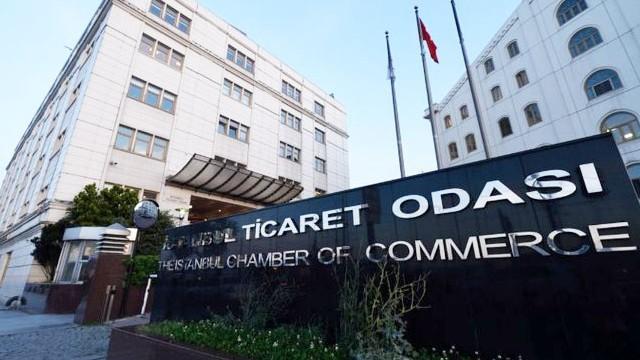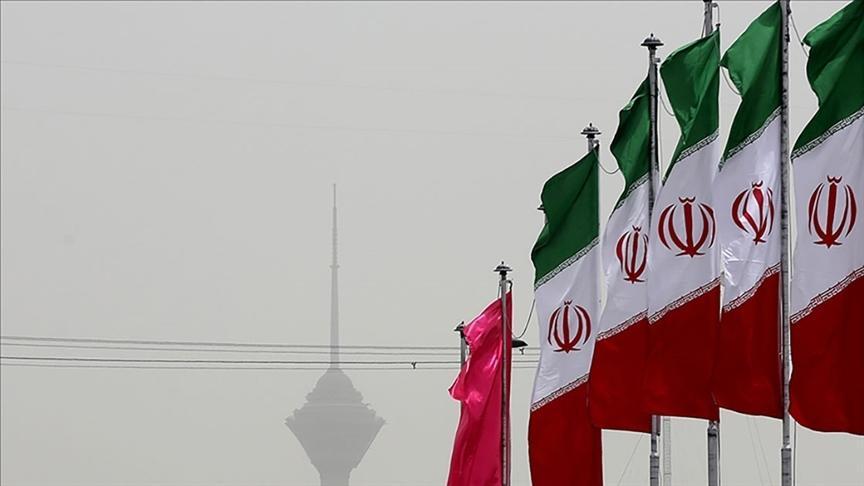How is everything going to be?: Analysis
Berat Onur
The renewal decision of the Istanbul municipal elections by the Supreme Electoral Council (YSK) has triggered another series of election campaigns. The upcoming re-election of the Istanbul Metropolitan Municipality has already been evolved to become more than just a local municipal election of the biggest city of Turkey.
The main campaign message of the opposition’s candidate, Ekrem İmamoğlu, gained increasing popularity across opposition supporters. The message transmits optimism and reflects his key promise to all voters as “everything’s going to be alright.”
President Recep Tayyip Erdoğan later probed another version of this campaign tagline, mainly targeting to preempt İmamoğlu’s campaign. He transformed the promise to “everything is going to be better.”
Along with those two competing but almost identical campaign catchwords, voters not only from Istanbul but also from all across Turkey are treating the upcoming local election to be more than a municipal election. It somehow resembles “everything” swinging in between “to be alright” or “to be better” to win.
Therefore, I raised the question around the same theme, but I am rather asking, “How is everything going to be” for the Turkish economy?
In the climate of critical election season, many economists are sharing different forecasts on what is going to be coming afterwards. Those opinions are also swinging between two extremes: Winter is coming, or winter is over.
State of the economy
According to the latest Turkish Statistical Institute (TÜİK) reports, there is higher price inflation in food & non-alcoholic beverages (31.7 percent) than the consumer price index (CPI) (19.5 percent). As an overall conclusion, purchasing power of Turkish consumers are negatively impacted by the food costs’ inflation.
Unemployment rate in Turkey climbed to a record 14.7 percent; youth unemployment hit 26.1 percent. This increased rate of unemployment will certainly have an impact on election results.
The Credit Default Swap (CDS) rate of Turkey is on the rise mainly behind increased perceived risks after the YSK annulled the Istanbul municipal elections, and also uncertainty regarding the U.S. and NATO’s potential actions on Turkey’s decision to purchase the S-400 defense missiles from Russia.
Before the March 2019 local elections, the balance of payments progressed very well to reduce the payment deficit down to annualized $13 billion and a monthly current account deficit realized as $0.6 billion.
It is indeed a very positive indicator of increased health. However, Turkey’s industrial index is showing minus growth, which is an alert that improved current account deficits that may lead to the reversal of long-standing economic growth.
The short-term external debt of the private sector is stabilized compared to last year without any indication of a major escalation. International Investment position is also showing a similar trend which probes that private sector is able to refinance the debts but with a higher interest cost.
Nevertheless, the perceived risks on the economy which is reflected on CDS rates better to get reversed to avoid increasing re-financing costs for the private sector.
Budget discipline in the government sector used to be even much better than many EU member countries. The first four months of 2019 indicate almost 54.4 billion lira deficit on the primary budget hence one of the strong areas of the economy is transforming to become a risk item.
Despite the healthy trend of decreasing current accounts deficit, expectations of growth for the Turkish economy is down to 0.3 percent versus 2.6 percent in 2018. One of the biggest concerns is now related to government budget deficits. It can be arguably said that new tax introductions and price adjustments will be activated after the June Istanbul re-vote to minimize ongoing budget gaps which may also trigger a risk of recession.
Back to the beginning of this article on the question of “How is everything going to be?” inspired by the campaign taglines of Istanbul elections, the main conclusion is: Turkey needs to deal with more macro and nationwide economic agenda to change the perceived risks rather than focusing on the re-elections in its biggest city.
Whoever wins, everything will depend on how those issues are fixed, and those go beyond a municipal election.
















